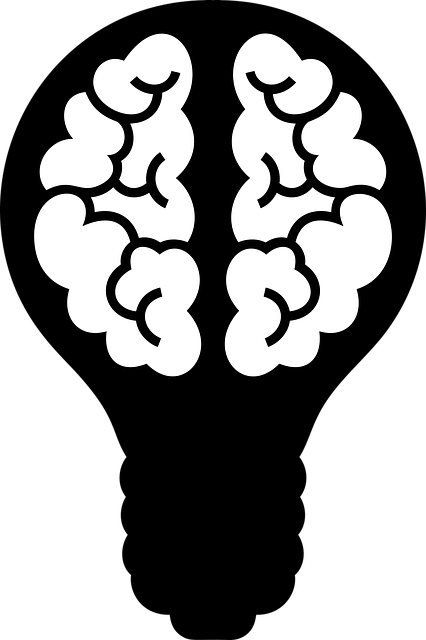 Information technology plays a key role in fighting cancer through a growing field called cancer informatics.
Information technology plays a key role in fighting cancer through a growing field called cancer informatics.
Cancer informatics is where information science, computer science and health care intersect. It’s about acquiring, storing and using information about cancer most thoroughly and efficiently.
Its tools include computers, clinical guidelines, and information and communication systems. It uses information about patient physical, psychological and social characteristics (‘phenotype’) and their molecular characteristics (‘genotype’). These characteristics are studied in relation to how patients interact with the health system and how patients are affected (‘outcomes’).
A key feature is the synthesizing of data about cancer in ways such as analyzing captured data, gathering evidence from clinical trials, applying information into clinical practice, evaluating outcomes of changes in clinical practice, and generating new hypotheses for investigation.
The Edinburgh Cancer Informatics Programme is striving to use methods in cancer informatics to implement a “rapid-learning system for cancer care.” The “rapid-learning’ comes from the healthcare system being able to keep itself constantly informed on how it is affecting the patients it cares for.
Cancer Informatics is a broad field, getting deeper and more complex as medical research and information technology progress. The field is all about collaboration, not just among physicians and researchers but between doctors and health IT professionals and patients and the public.
There are current trends within Cancer Informatics emphasizing the use of machine learning, artificial intelligence, statistical algorithms, advanced imaging techniques, data visualization, and high-throughput technologies. The discipline leverages methodological improvements in systems biology, genomics, proteomics, metabolomics, and molecular biochemistry into the fields of cancer detection, treatment, classification, risk-prediction, prevention, outcome, and modeling.

